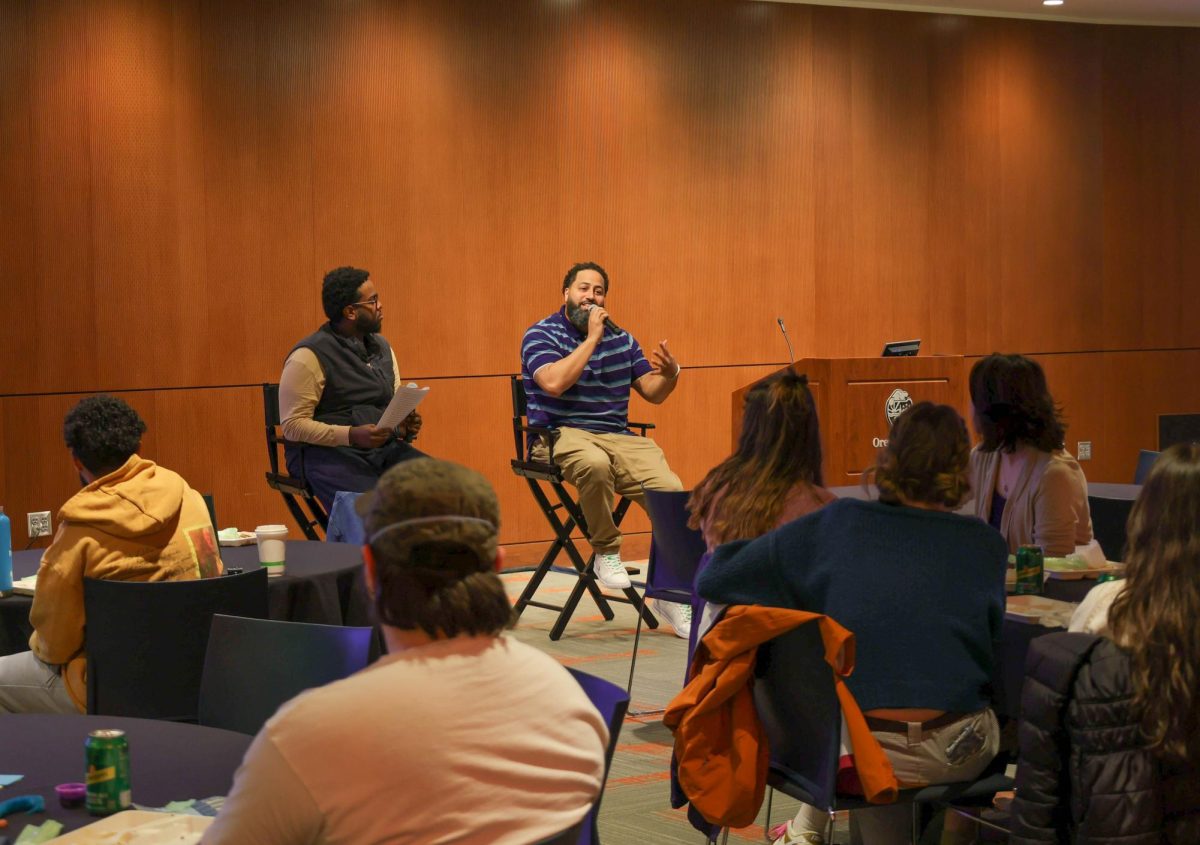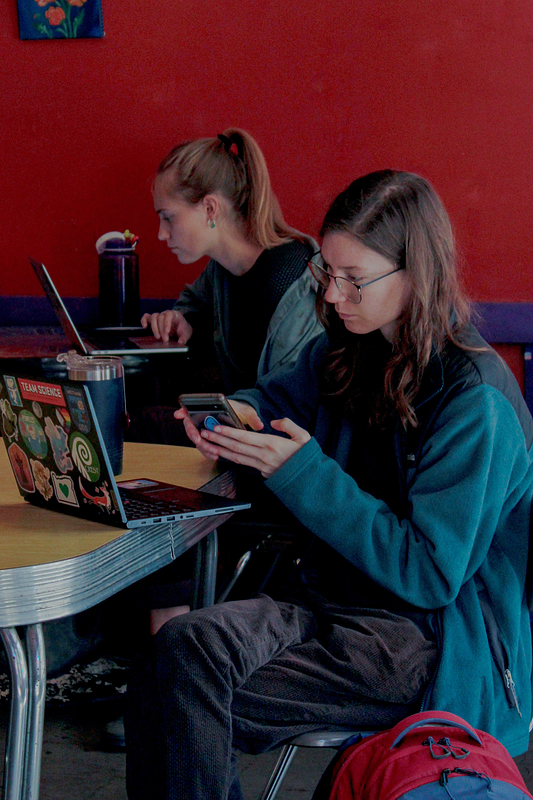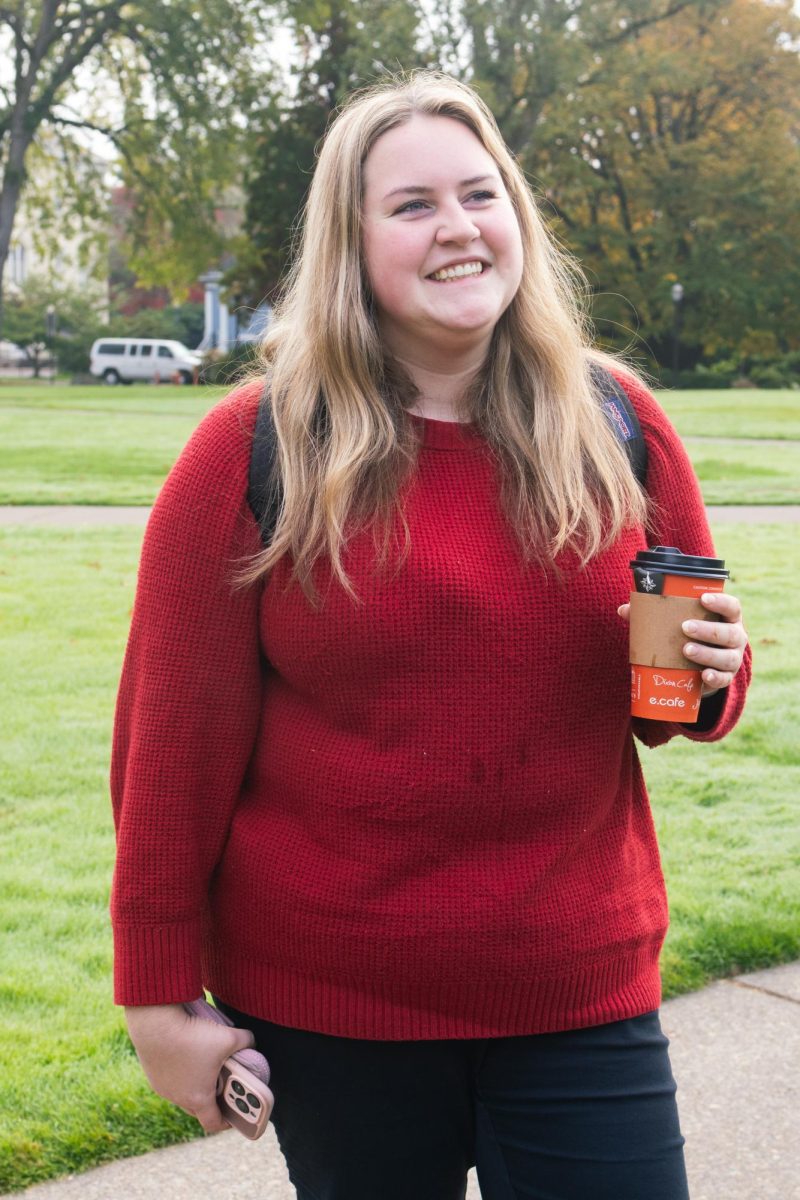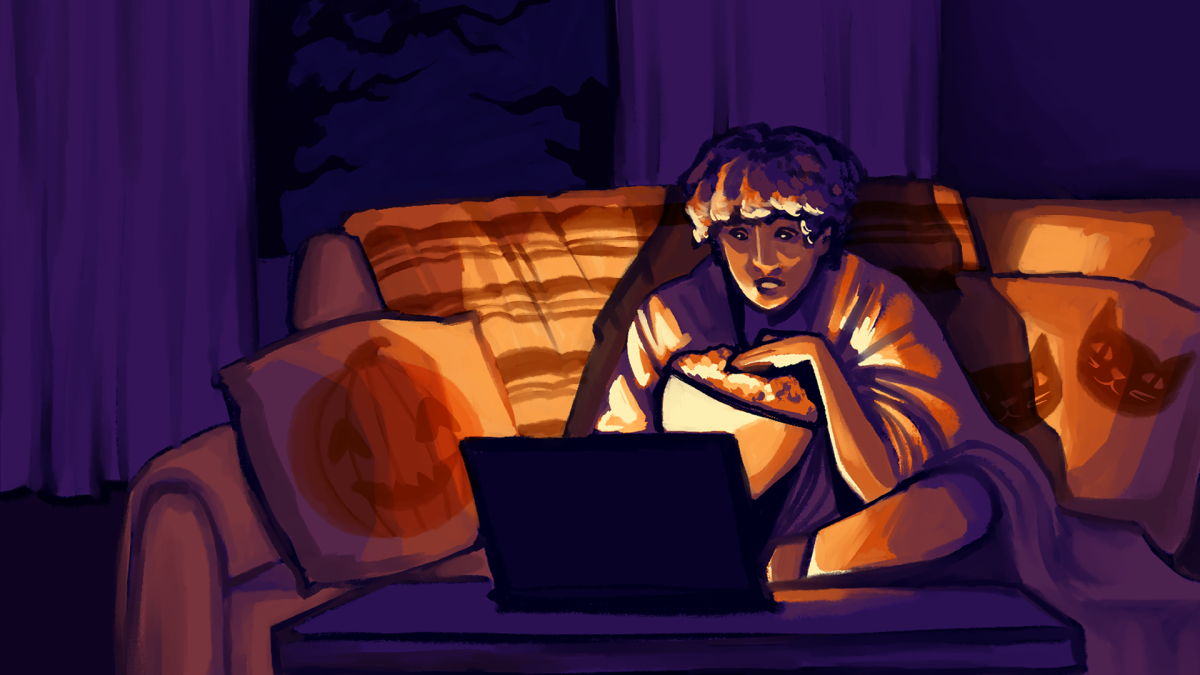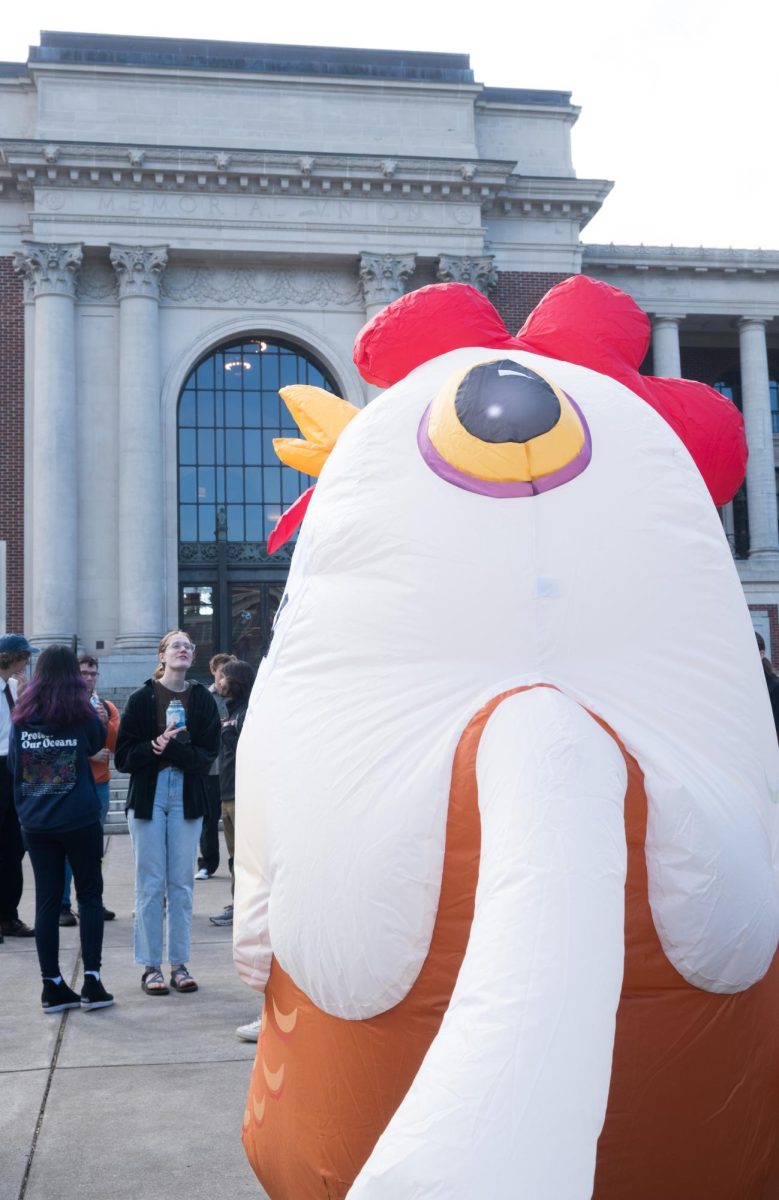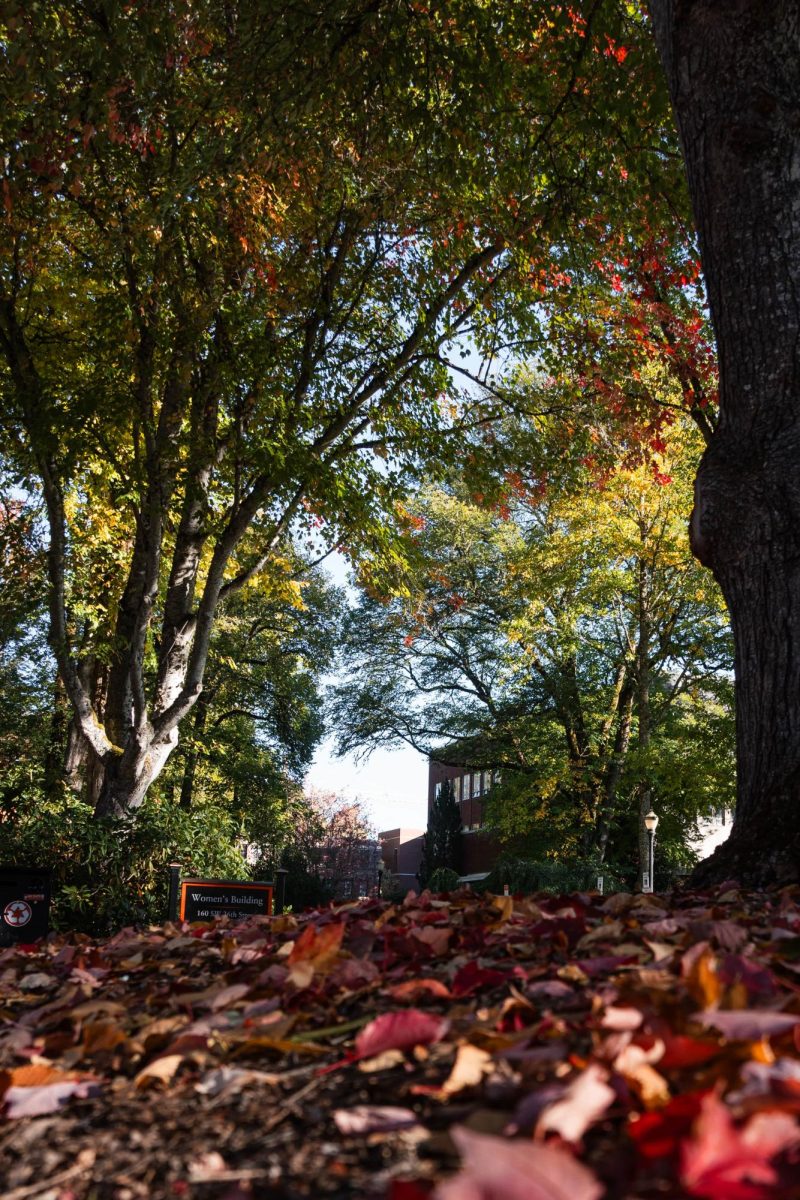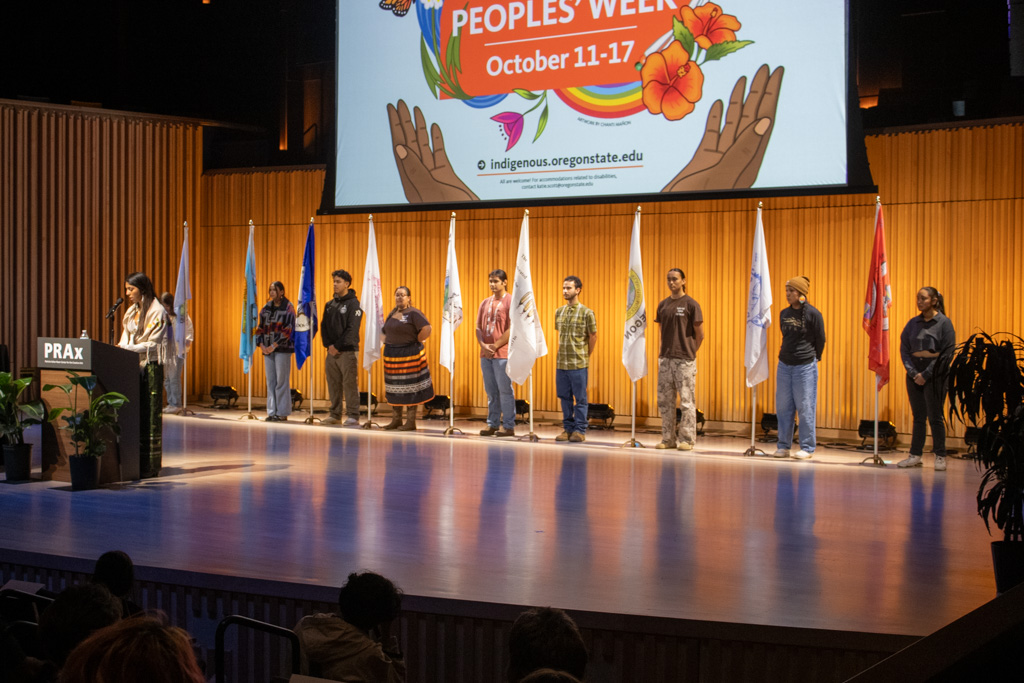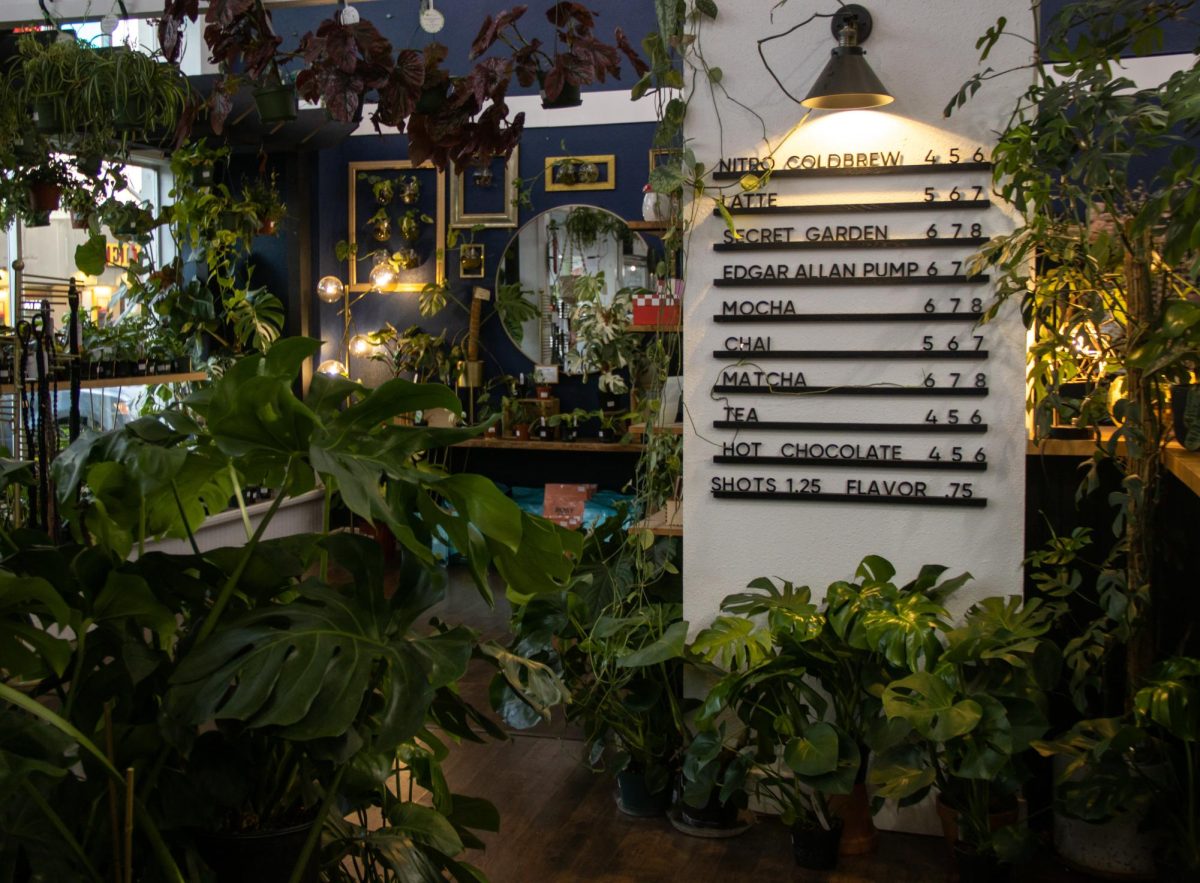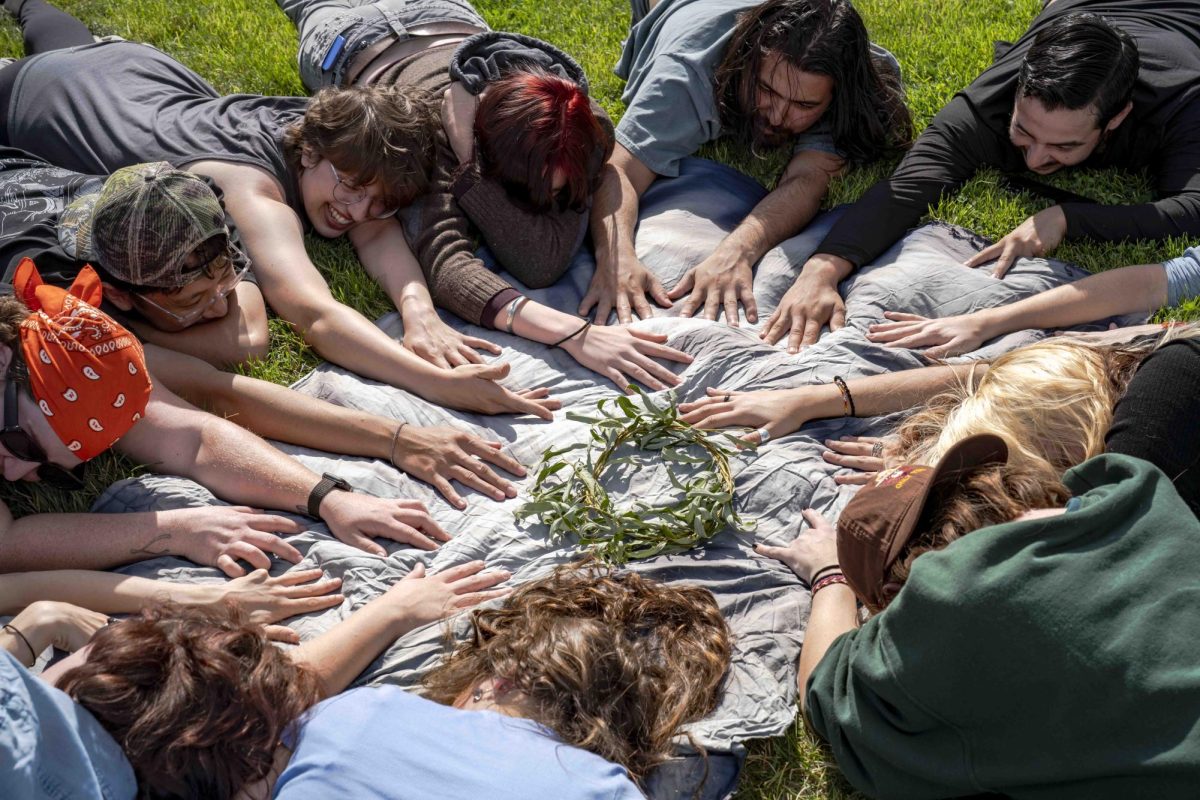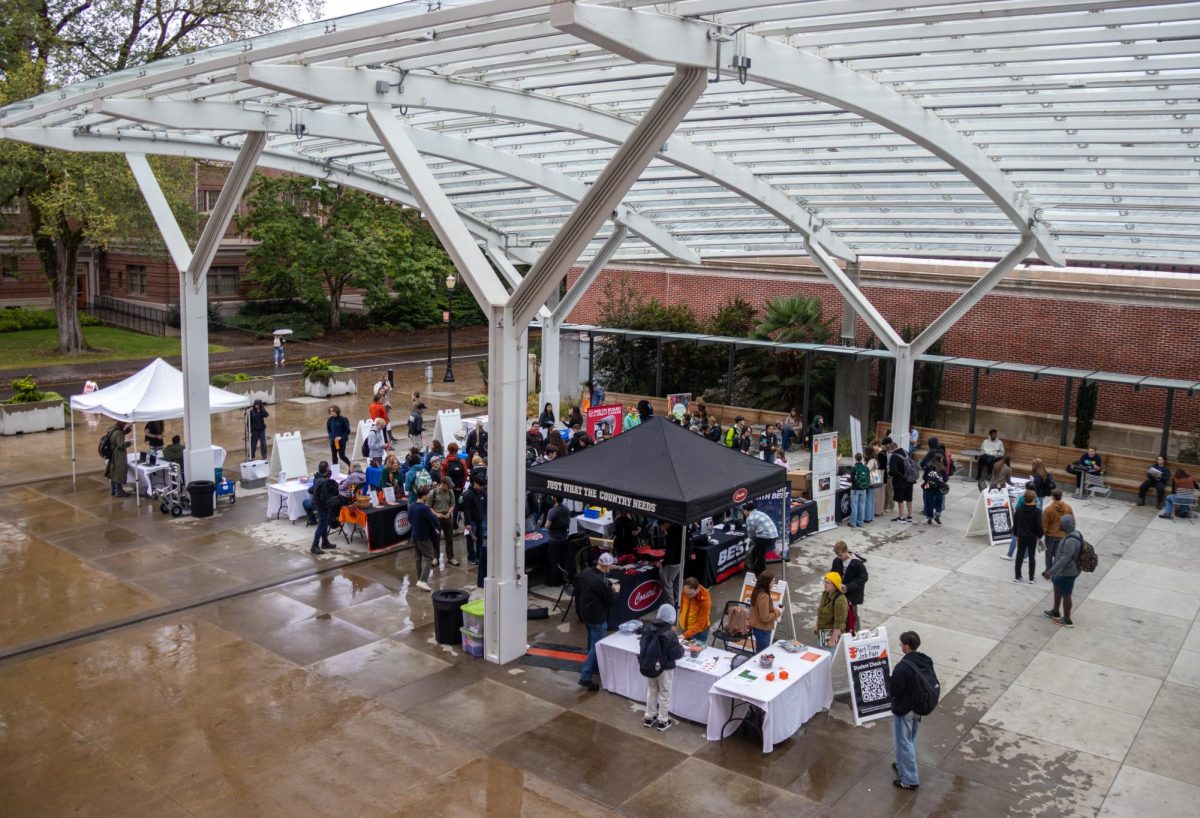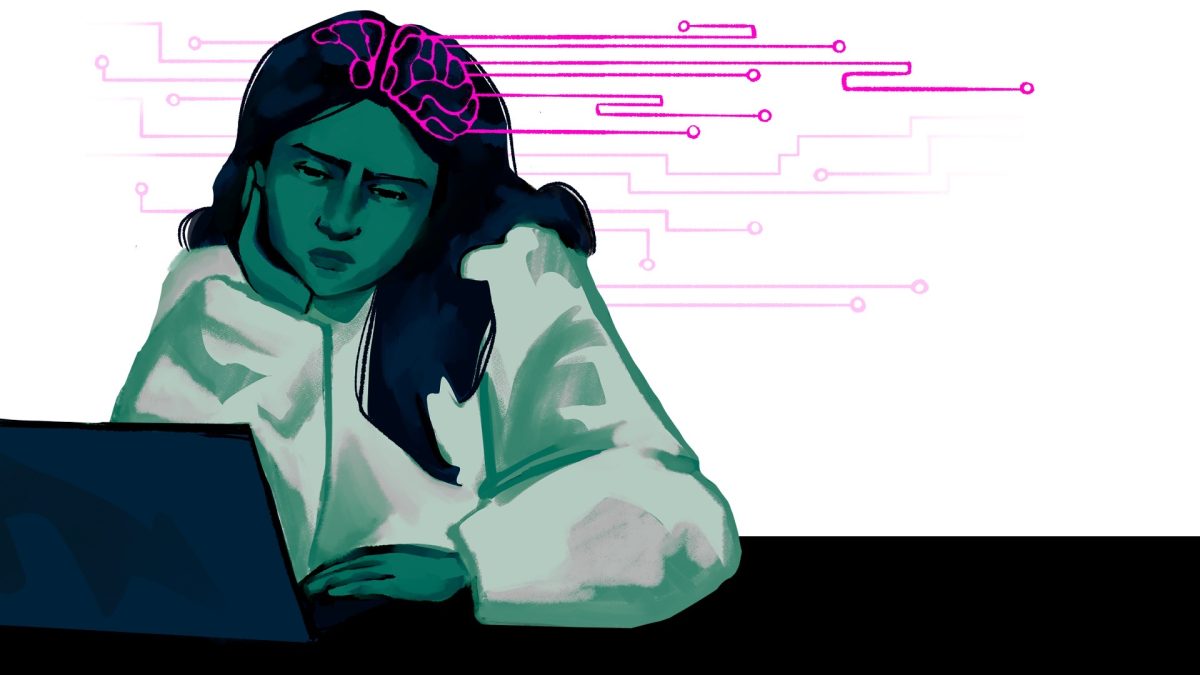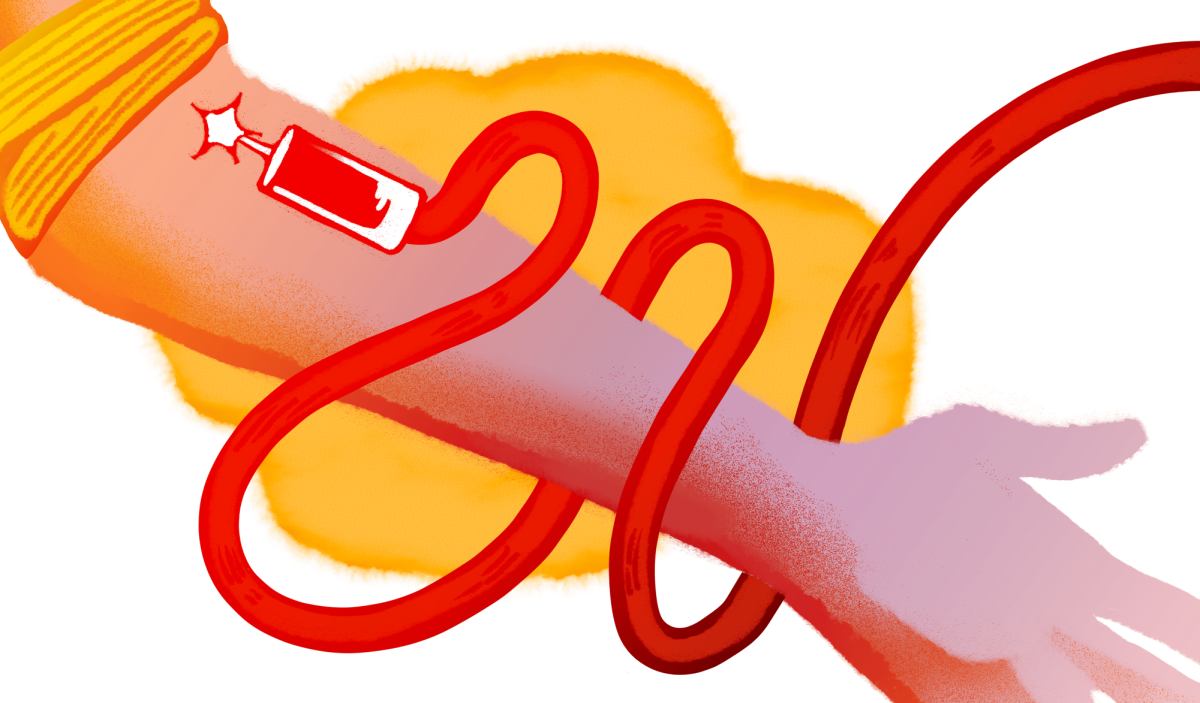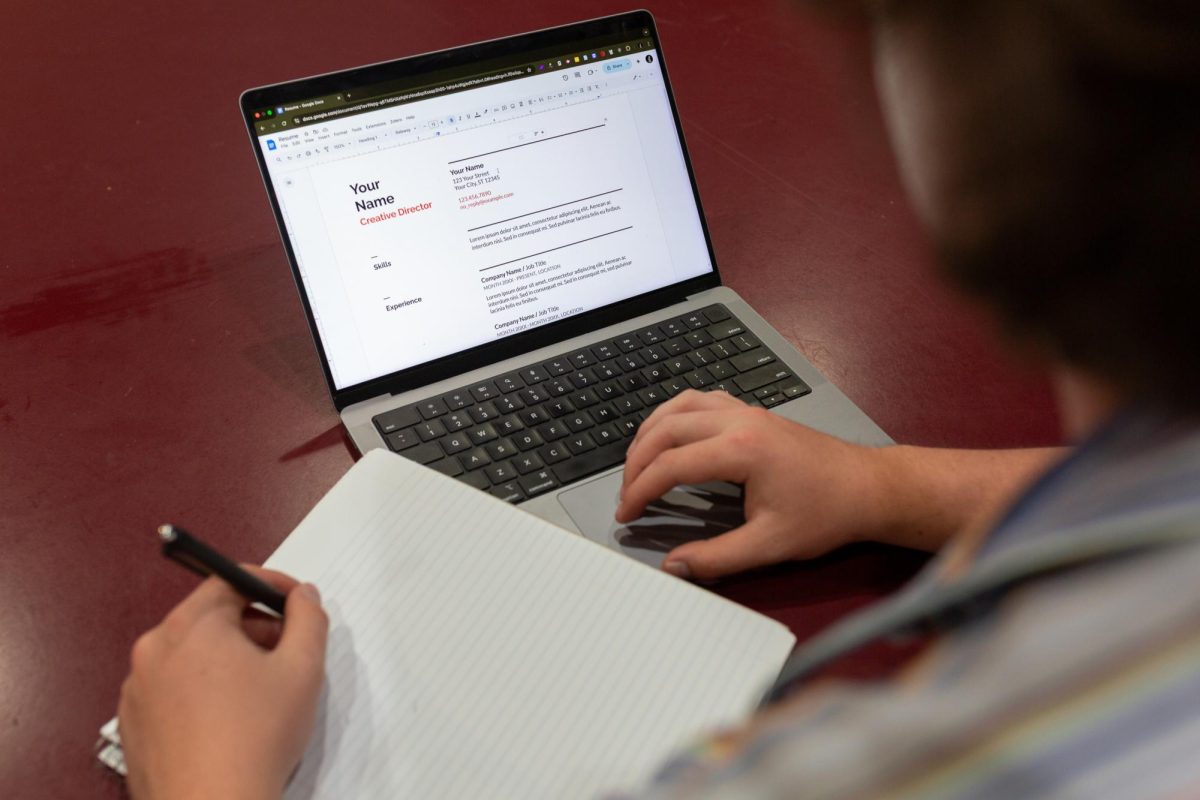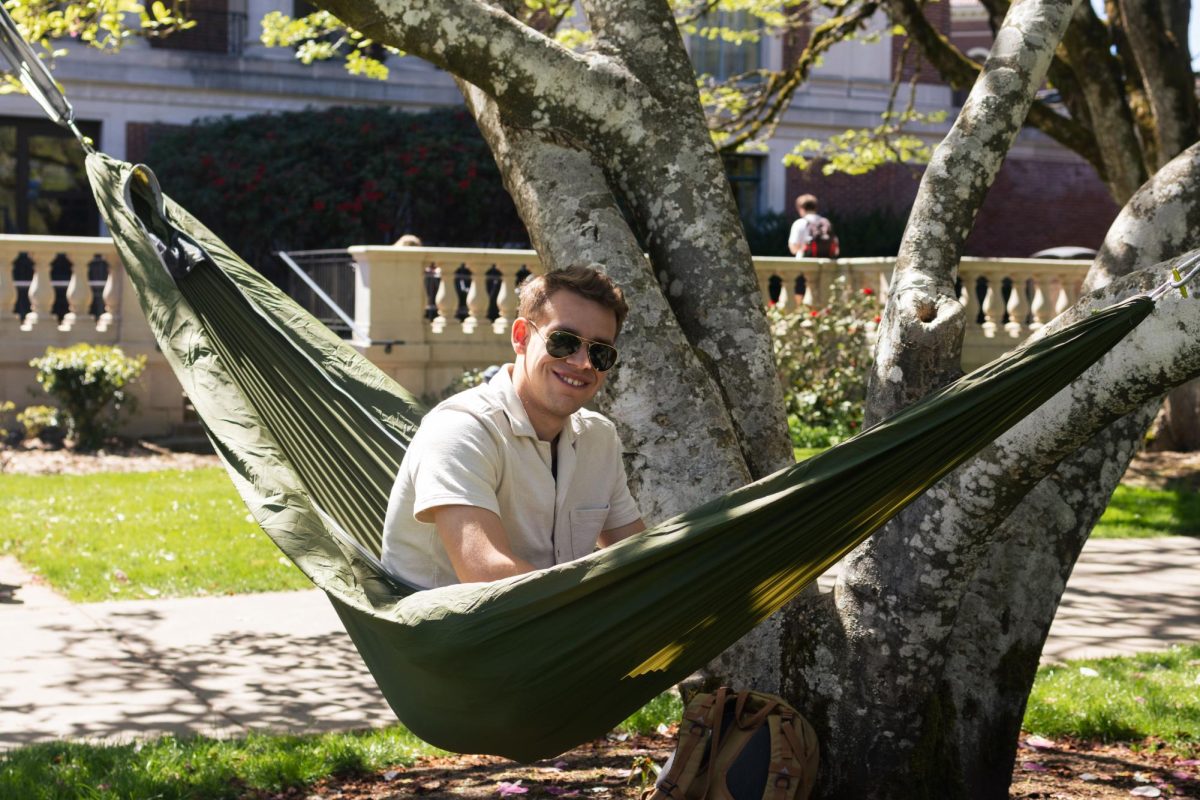An estimated 60 community members attended the final Spring dialogue, “Black Albina: Constructing Environmental Justice”, hosted by Community Engagement & Leadership at the Memorial Union Horizon Room on April 30.
Oregon State University’s CEL team organizes several community dialogues on pertinent topics throughout each year that include large and small group activities, guest speakers, reflections and action-oriented closings.
The event on Tuesday ran from 5 to 7 p.m. and featured panelists JT Flowers from Albina Vision Trust and Randal Wyatt from Taking Ownership PDX. The third panelist, Donna Maxey from Race Talks, was unable to attend due to technical difficulties connecting over Zoom.
The topic for the night was centered around restoring the Albina neighborhood, a once-vibrant hub for the African American community in Northeast Portland. As a result of gentrification, urban planning and environmental injustices over the past decades the neighborhood has changed dramatically.
To kick off the night, Faisal Osman, a fourth-year majoring in public policy with a minor in sustainability, explained how historically racist redlining policies during Portland’s major development phase forced the Black community to live in the Albina district.
This then became a central hub where music, community and culture was built.
However, throughout the 1900s the city of Portland took down many of the homes in the area to build the I-5 Quarter, then the Moda Center and Emmanuel Hospital, displacing hundreds of homes in the neighborhood according to the Albina Vision Trust.
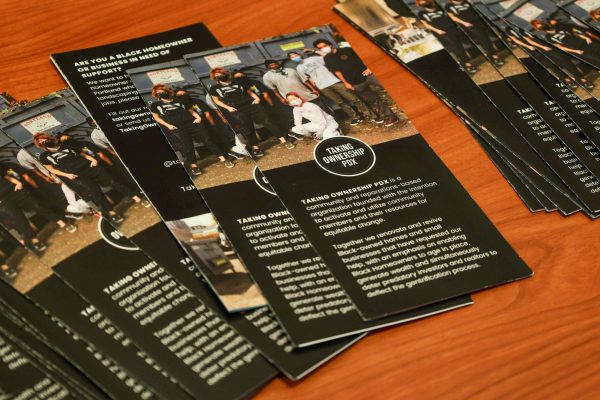
Today, the remaining parts of the neighborhood have become extremely expensive and white-dominated.
Flowers from Albina Vision Trust is part of a project to build back the lower half of the Albina district. They have plans to build a freeway cover over I-5 with parks, community spaces and hundreds of homes through what they call restorative redevelopment, a method that centers on the healing of marginalized communities.
“When we don’t control the land under our feet we have nothing that anchors us to place, when we aren’t anchored to place and we struggle to remain tethered too one another,” Flowers said.
Wyatt from Taking Ownership PDX is working to help renovate and revive Black-owned homes in the community. Through their work, they are helping Black homeowners age in place, stimulate generational wealth and safeguard remaining homeowners from gentrification.
“It’s going to take time to replenish what has been done,” Wyatt said.
Both speakers discuss the interplay of environmental issues with the justice work they are doing.
“Climate change impacts the most vulnerable communities first and the worst,” Wyatt said.
After the panelist spoke, there was time for a Q&A followed by a presentation from Osman on environmental justice in the community. Throughout the dialogue, the speakers emphasized the connection between historical oppressions and environmental issues.
The event concluded by getting the audience involved in a reflection on major takeaways from the night.
To learn about the history of the Albina District, watch the video shared during the event, Black History of Portland from the YouTube channel “Traveling While Black”.
Key Definitions from the Event:
Gentrification: Clash between the power of private capital and government policy and the power of people in targeted communities to preserve their homes & heritage.
Environmental Justice: The right to a safe, healthy, productive, and sustainable environment(considered in its totality to include ecological, physical, social, political, and economic).
Displacement: When homes are vacated by low-income residents, other low-income residents cannot afford to move in because rents and sales prices have increased.
Environmental Racism: Type of inequality where people in communities of color & other low-income communities face a disproportionate risk of exposure to pollution & related health conditions.

